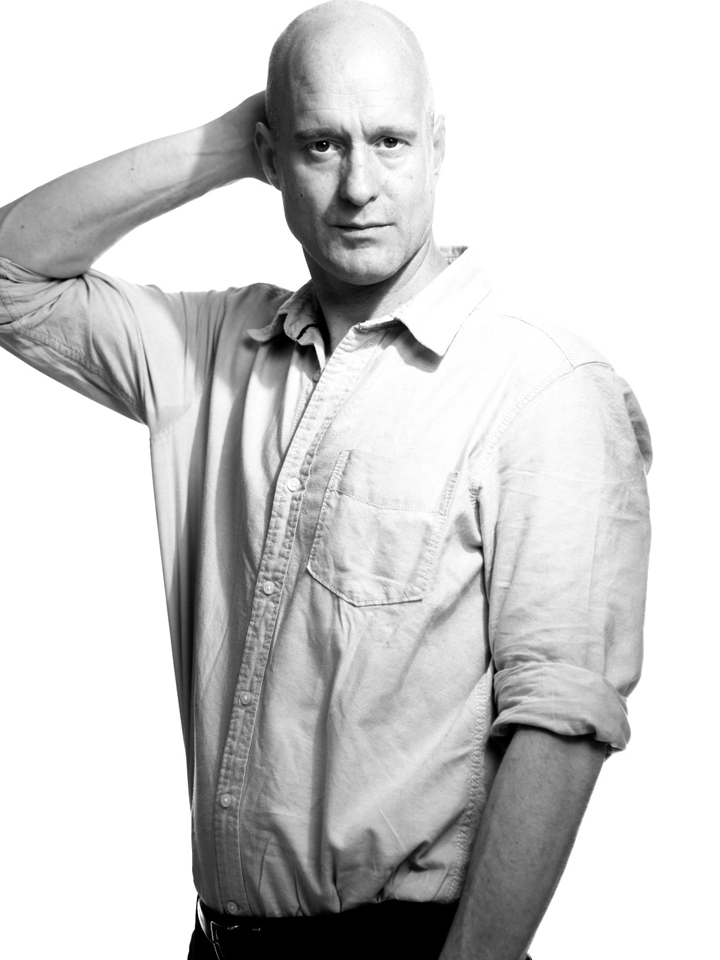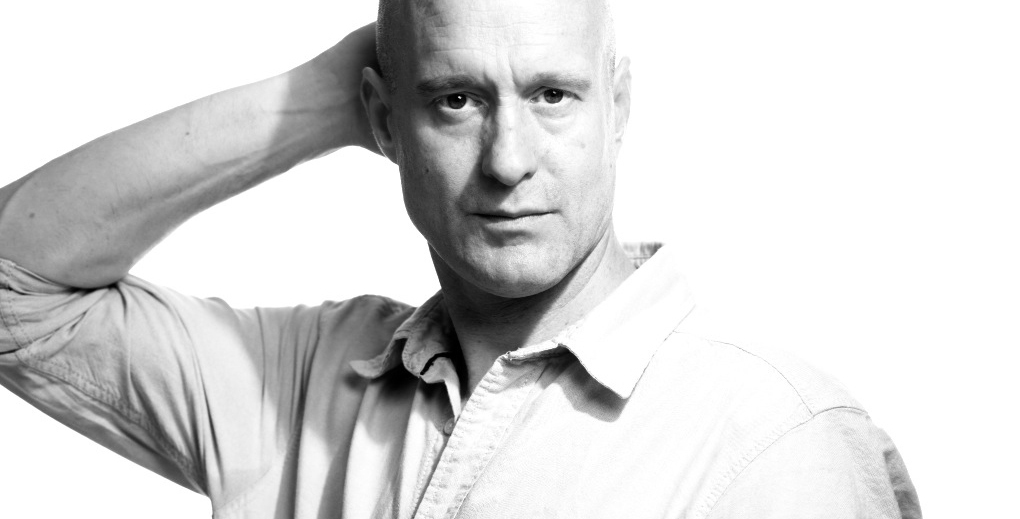Are Swedes too safe?
David Eberhard thinks Swedes are too safe. And that being too safe is a bad thing..
-
 David Eberhard thinks Swedes are too safe. Eberhard calls it a “collective panic syndrome,” and he blames authorities, experts and media for instilling this fear in Swedes. Photo: Charlotte Strömwall/www.bladhbybladh.se
David Eberhard thinks Swedes are too safe. Eberhard calls it a “collective panic syndrome,” and he blames authorities, experts and media for instilling this fear in Swedes. Photo: Charlotte Strömwall/www.bladhbybladh.se -
-
The author and somewhat controversial debater David Eberhard will be in San Francisco on April 19. He will speak on the subject of his best-selling book, “I trygghetsnarkomanernas land” (In the land of safety addicts)—sure to be a revelation for Swedes and a shock to some Swedish Americans fluent enough in Swedish to appreciate the lecture which will be presented in Swedish.
-
 David Eberhard, psychiatrist, author and debater.
David Eberhard, psychiatrist, author and debater. -
-
David Eberhard thinks Swedes are too safe. And that being too safe is a bad thing. Eberhard, psychiatrist, author and debater, is the author of several books—the most well-known probably aforementioned “I trygghetsnarkomanernas land” (2007), which turns the image of Sweden as a safe haven on its head. He believes this lust for safety comes with a hefty price tag. He proclaims Sweden is a country with an exaggerated need for security and control, and this has led to a nationwide panic syndrome, with Swedes addicted to feeling safe at all times. Even where there’s really nothing to fear in the first place.
How did this happen? How did we go from having our children be out building tree houses till dark and biking without helmets to becoming this anxious? Don’t we stem from the Vikings who sailed the seven seas and who feared nothing? Today, don’t we wring our hands in panic just thinking about taking a trip in an airplane? And by the way, is the subway safe? -
'Collective panic syndrome'
Prior to writing his book, Eberhard had observed how more and more Swedes sought psychiatric help for normal life events such as the break-up with a boy- or girlfriend. He simultaneously noticed an increase in some sort of societal panic. Swedes as a whole, it seemed, were afraid not only of the dangerous but also of the “almost” dangerous. Eberhard calls it a “collective panic syndrome,” and he blames authorities, experts and media for instilling this fear in us.
“We have a school where we’ve forgotten that kids like to compete, we have people asking to ban teens under 15 to go on soccer matches for fear they’ll turn into hooligans,” Eberhard wrote in a Dagens Nyheter article that attracted much attention, and that became the springboard to his book. “We have to realize that in reality it is dangerous to live, but this national panic syndrome has transformed us to fearful ‘safety addicts.’”
We called Eberhard to discuss his book as he is coming to San Francisco, where he will give lectures about his findings. We let him know there had been no opportunity to read any of his books, but what could be read about them online struck a cord, as obviously it has for most Swedes, since the book has led to a debate in Sweden. -
“What are Swedes so afraid of and why?”
“We are afraid of things that are unlikely to happen or things that in reality aren’t as dangerous as we make them out to be. We are afraid of the things we think might happen, but we never stop to think about the probability of it happening, which is close to nil. If a baby falls and dies while walking, for instance, the notion of a ‘walking helmet’ is immediately discussed, because that one life could have been saved. There’s no longer any common sense. Nobody discusses how improbable it is for something like that happening again.”
Eberhard calls the Swedish society one that’s safe to the point of exaggeration, saying we live such “padded” lives that once we actually do run into obstacles, we no longer know what to do, we’re helpless.
“We’re not prepared for setbacks,” he says. “We’re not prepared for adult life at all. We also have high demands on life; it has to be morally right and fair for everyone and it has to be good.”
Eberhard says that although the book covers Sweden, he sees a similar development in all of Europe, and adds that not even America is “safe” from the “safety syndrome.”
“In the U.S. people don’t take responsibility for their own actions, they always point fingers at someone else. Like the case of the woman who drank the coffee that was too hot and sued McDonalds for serving it to her. It’s a bit different from Sweden, we don’t have the system of lawyers and suing, but it’s the same issue.”
So what’s a Swede to do?
Eberhard says the most important thing to do is to put our fears in perspective. How dangerous is it to fly, really? Do we really need a bike helmet when biking in the countryside? How likely is a Swede to get gunned down in the street by an unknown crazy person? (If you really want to know, Eberhard has the answer: You have to live for 13 million years for that to happen.) He encourages us to use our “sunda förnuft,” that is, our common sense. We cannot, he says, let authorities and decision makers take over. In other words, it’s time to think for ourselves. Time to grow up.
Eberhard has since also tackled the phenomenon of the easily offended Swede, and last fall his book on child rearing, “Hur barnen tog makten” (How children took the power), was published. In the latter he discusses how parents take the advice of experts before thinking for themselves.
“Is it dangerous to put demands on children or not?” Eberhard asks. “I say it’s not. But it is dangerous to be stupid. Let us not exaggerate the expertise of the so-called experts.” -
In San Francisco on April 19
The SWEA San Francisco evening with Eberhard is on April 19 at 6:30 p.m.
The lecture, in Swedish, is held at the Woman’s Club in Burlingame, 241 Park Rd., Burlingame, CA 94010. The price for the evening, $45, includes drinks and a dinner of poached salmon with Swedish potato salad and greens along with dessert and coffee. For more info and to book: http://swea.org/sweasanfrancisco/sanfrancisco___1324.aspx?newsId=6898
19 april: Middag med föreläsning av Dr. David Eberhard
Book your seat prior to April 15 sign up through ursula.hultqvist@gmail.com
Photo: Charlotte Strömwall/www.bladhbybladh.se
Woman’s Club, Burlingame is close to the Burlingame Caltrain Station Call the venue at (650) 348-9902 -
-
